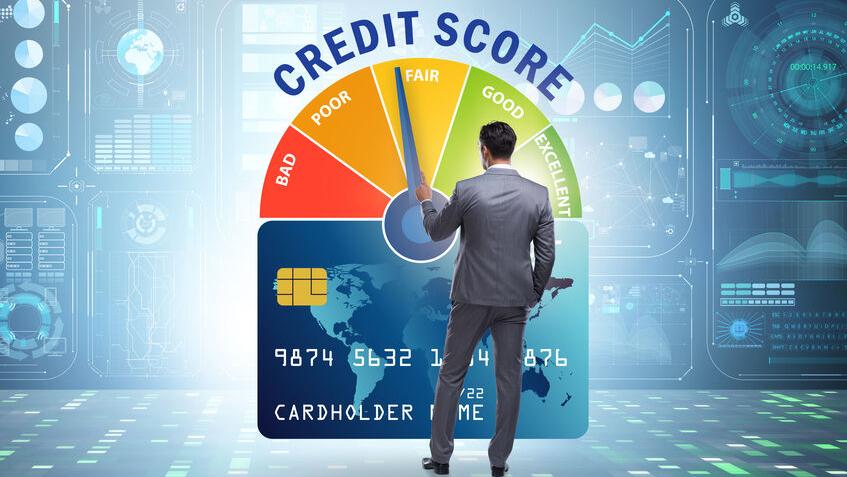If you have any credit activities, such as credit cards, property mortgages and personal loans, you will have a personal credit report which records your credit activities and your credit score that calculated based on relevant information.
A good credit score is important to help you secure better interest rates when applying for credit; in contrast, banks and financial institutions may charge higher interest rates or even reject credit applications with poor scores. Job seekers should also be aware that it is increasingly common for employers to request access to credit reports to evaluate how responsible and credit worthy the candidates are.
In fact, what you may consider as “inconsequential” in your daily life can affect your credit report and scores.
1. Late card payments or overdue loan repayments
While it may be common to forget to settle your credit card bills on time, don’t assume that a few days in late payment amounts to nothing more than just a late fee. In fact, late card payments and overdue loan repayments may affect your credit history and credit score. Even after you have settled the overdue amount, your credit report would have recorded the late payment, and such records are kept for up to 5 years.
2. Making just the minimum payment
Settling credit card bills on time, but not doing so fully may also affect your credit score, especially if you only make the “min-pay” (minimum payments) for an extended period of time. By covering just the min-pay, you will not only accrue the outstanding balance but also the interest you owe, and it will have a negative impact on your personal finances, and give cause to financial institutions to question your repayment ability.
3. High level of credit utilisation
A high level of credit utilisation can also affect your credit score. For example, a credit card with a credit limit of $10,000 and balance of $7,000 means that the credit utilisation is at 70%. The higher the credit utilisation, the lower the credit score. It is also important to avoid maxing out on your credit card (i.e. the total dollar amount of the transactions exceed the approved credit limit). Therefore, credit cards should be promptly paid off in full every month to avoid incurring high interest and affecting your credit score.
4. Applying for multiple credits at one time
Banks and credit card issuers often offer welcome gifts or promotions to attract customers to take out credit products. If you apply for multiple credit cards at the same time, the issuing banks will check your credit report within the same period of time when considering your credit application. This is the same for those who may wish to compare loans from different institutions and submit multiple applications at the same time. These enquiries are all captured on your credit report and may be interpreted as signs of your financial instability. To avoid affecting your credit score, it is best not to apply for multiple credit cards or loans within a short period of time.





